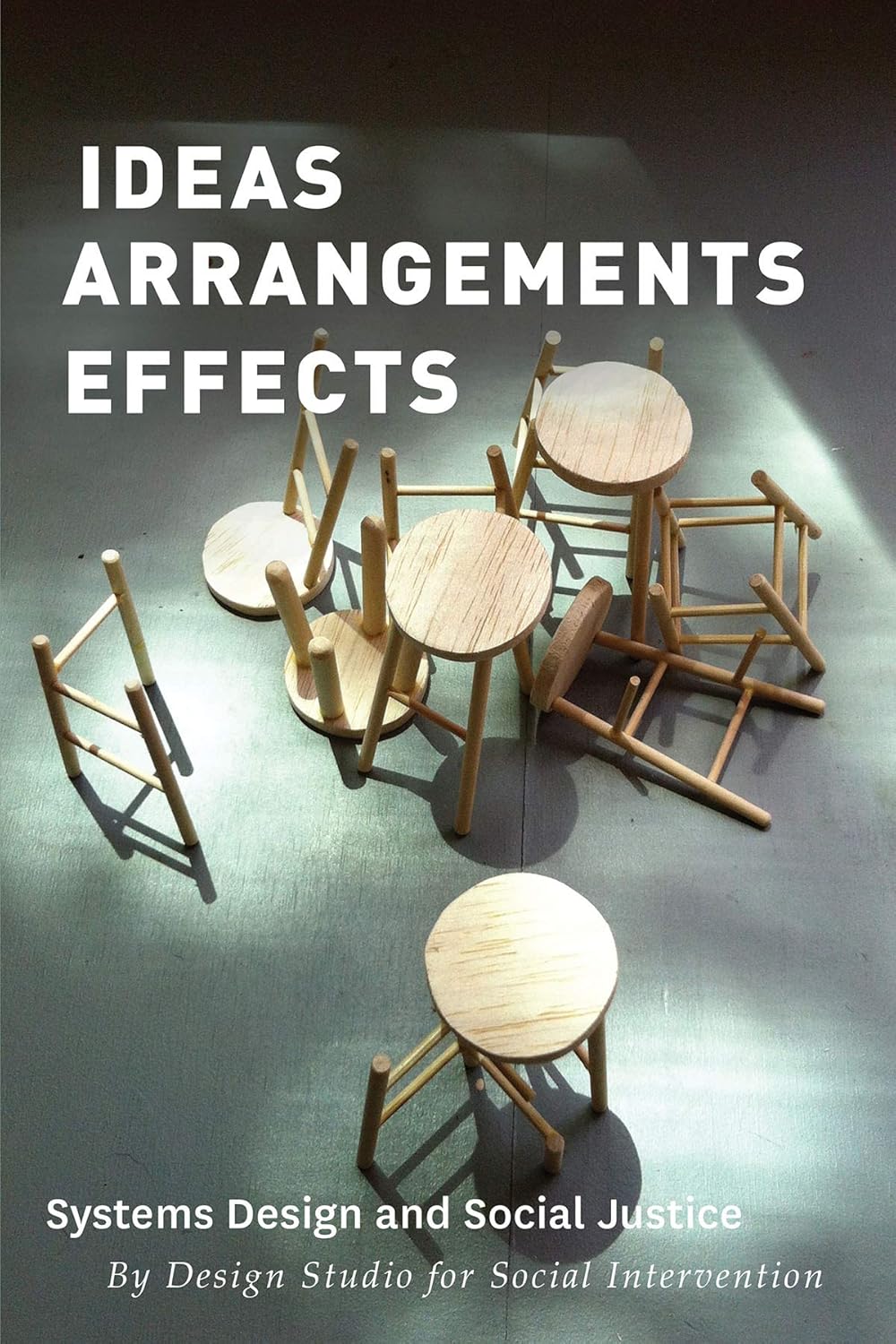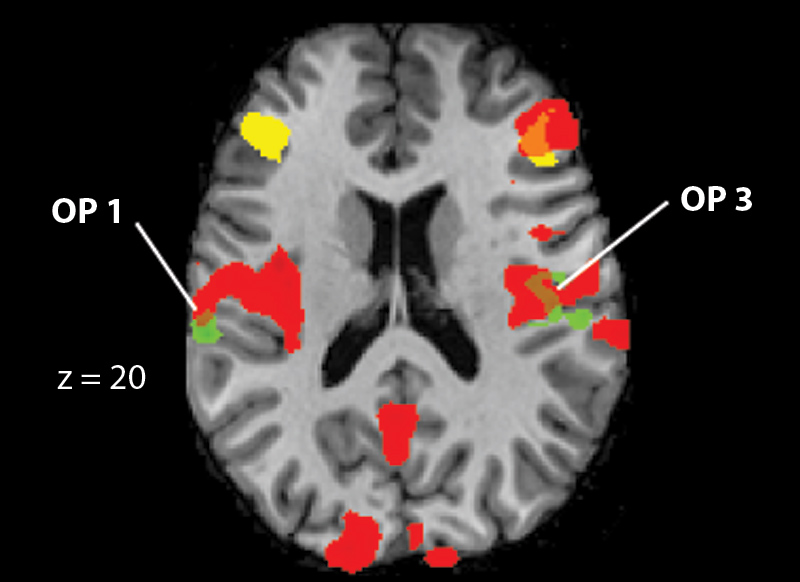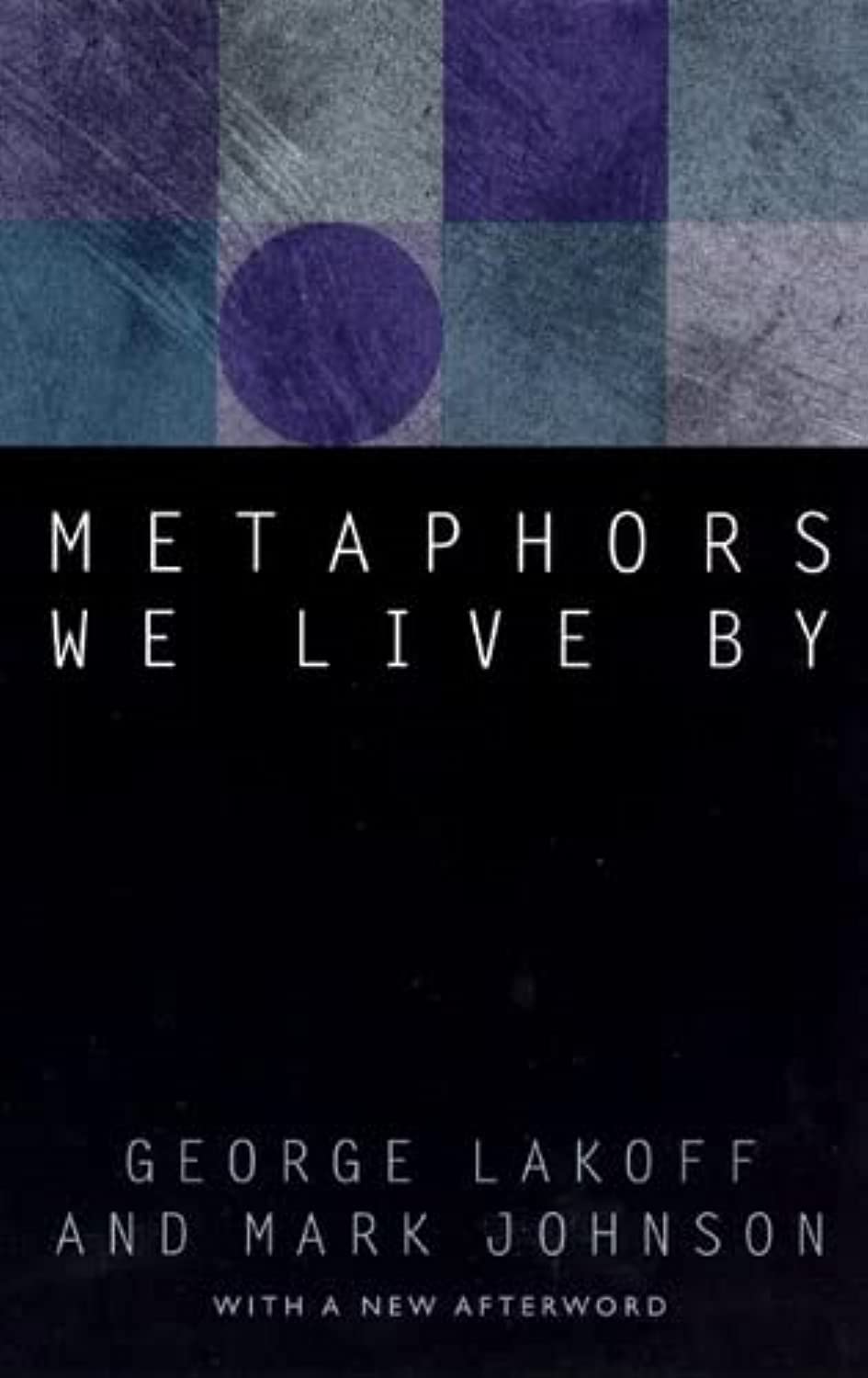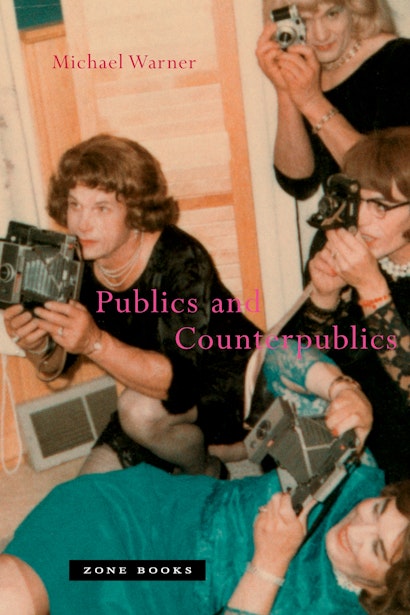Readings
Here you can find a selection of readings (texts, videos, other materials) and companion questions meant to frame core concepts helpful for developing critical experiences. Each reading is associated with at least one module – feel free to browse the modules pages to see the readings grouped by concept!
-
Related Modules: Systems
-

Indigenous Futurism: Envisioning Tomorrow’s Architecture Through Cultural Heritage
Description
An essay that broadly defines Indigenous Futurism in architecture, touching on speculative fiction and indigenous knowledge systems. -

Observations on Forms and Patterns of Critique
Description
In this short essay, the author asks “What is the best thing a critique can do? What is the worst thing a critique can do?” and proceeds to provide an analysis of different classroom based feedback methodologies.
Judith Leemann is an artist, educator, and writer whose practice focuses on translating operations through and across distinct arenas of practice, and collaborator of Design Studio for Social Intervention.
As a follow up to this original 2007 essay, Leeman co-created Retooling Critique, a pedagogy group of artists, educators, and activists working in different institutions and organizations for the study of studio critique, with particular focus on its relation to racial equity and inclusion, an overview of which can be found here: Retooling Critique Overview.Related Modules: Feedback -
Related Modules: Publics
-
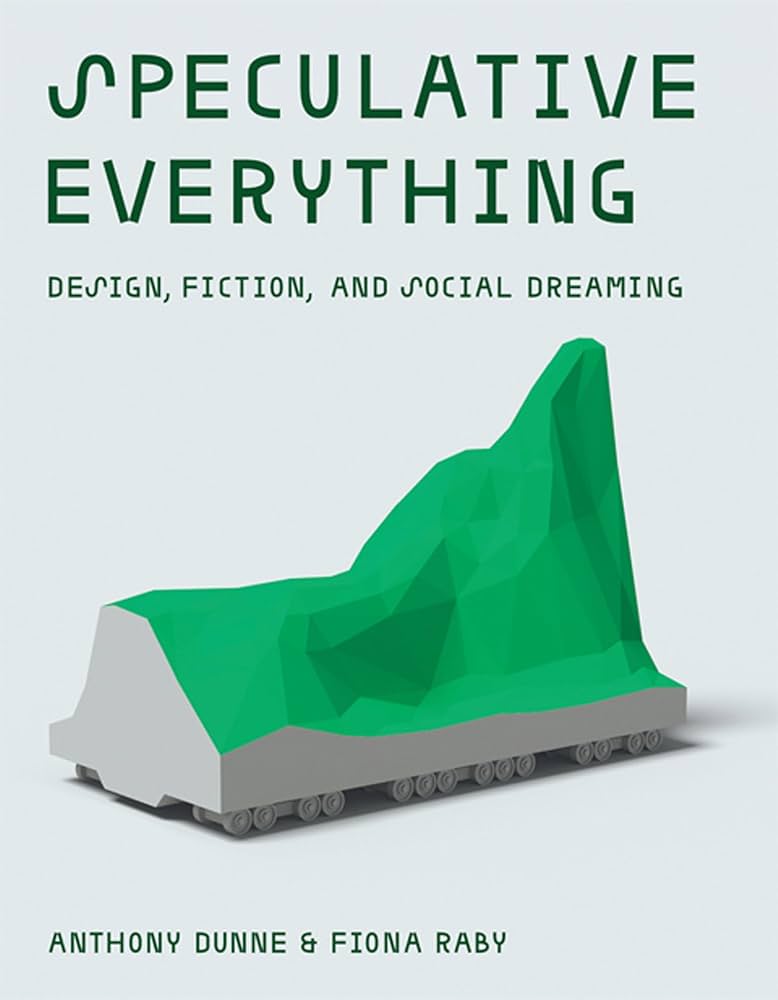
Speculative Everything
Description
“Speculative Everything offers a tour through an emerging cultural landscape of design ideas, ideals, and approaches. Dunne and Raby cite examples from their own design and teaching and from other projects from fine art, design, architecture, cinema, and photography. They also draw on futurology, political theory, the philosophy of technology, and literary fiction.” (from the authors’ website) -
Systems Thinking and Genetically Modified Food
Description
This text is a helpful introduction to showing how changing the systems-framing of a topic may produce different understandings of it. While the topic itself (GMOs) may not have the same cultural posiiton now, it models a way of mapping out how different systems may change one’s understanding of a subject. In this week’s reading, Easterbrook describes both the Principle of Complementarity and Boundary Critique in the preface of his analysis of a plot of land that’s growing GMO wheat. In his analysis, he describes the plot of land and its conflicts as the result of “each group describing things in terms of different systems, and rejecting the others’ position because it makes no sense within their own worldview.” He goes on to use Boundary Critique on eight diverse stakeholder groups, and goes on to identify “the system that each group is seeing, and then explore where they’ve chosen to draw the boundaries of that system, and why.”
-
The Artist’s Way: A Spiritual Path to Higher Creativity
Description
Julia Cameron guides readers in uncovering problems and pressure points that may be restricting their creative flow and offers techniques to open up opportunities for growth and self-discovery.
Offers ideas for a daily practice, famously “morning pages” every day.Related Modules: Daily Practice

